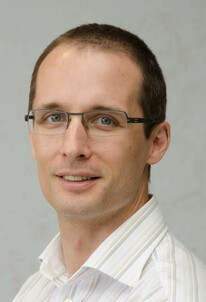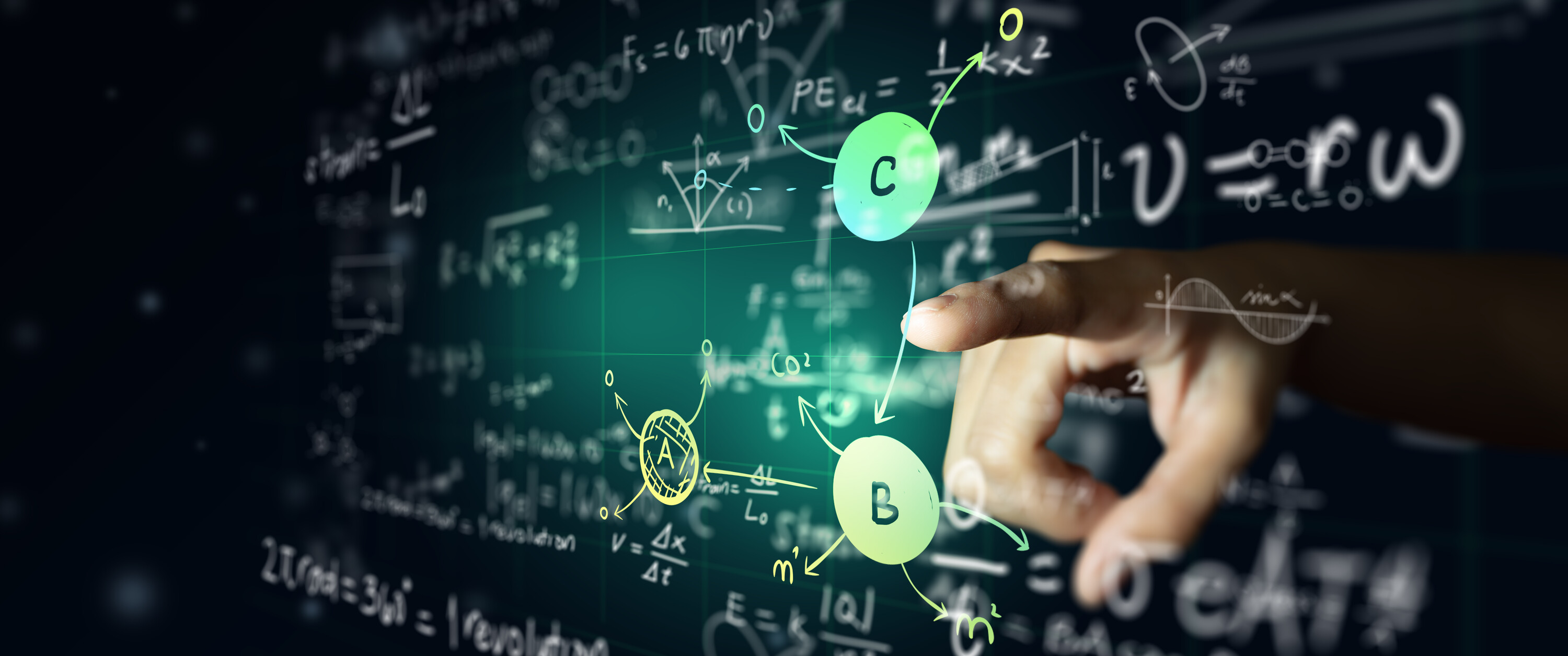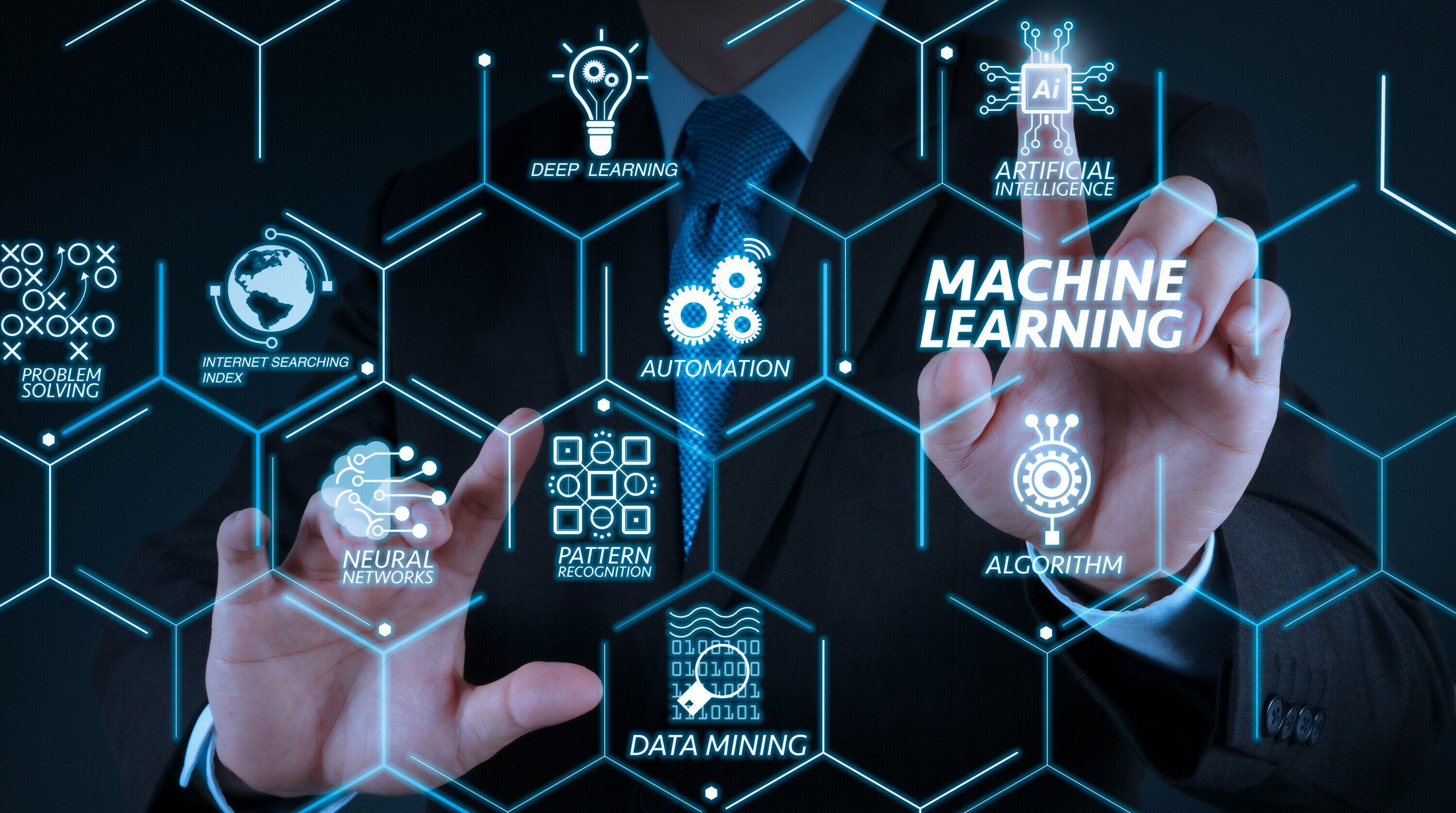Teaching and continuing education
Discover - understand - apply: Mathematical methods for modern challenges
Your contact persons
Prof. Dr. Wolfgang Wiedemair
ICE Institut für Computational Engineering Professor für Mathematik, Statistik und Modellbildung
+41 58 257 34 81 wolfgang.wiedemair@ost.ch

Claudio Wolfer
ICE Institut für Computational Engineering Dozent für Mathematik
+41 58 257 31 80 claudio.wolfer@ost.ch



![[Translate to English:]](/fileadmin/dateiliste/3_forschung_dienstleistung/institute/ice/bilder/website_lehre_analysisalgebranumerik.jpeg)



![[Translate to English:]](/fileadmin/_processed_/7/d/csm_website_lehre_dataengineering_4ecf1c2fb2.jpeg)
![[Translate to English:]](/fileadmin/_processed_/2/2/csm_website_lehre_physik_c0adce3358.jpeg)